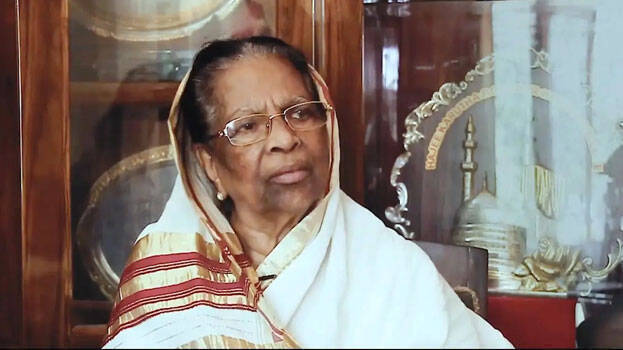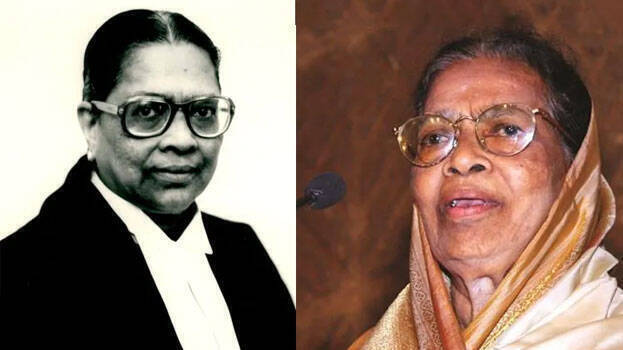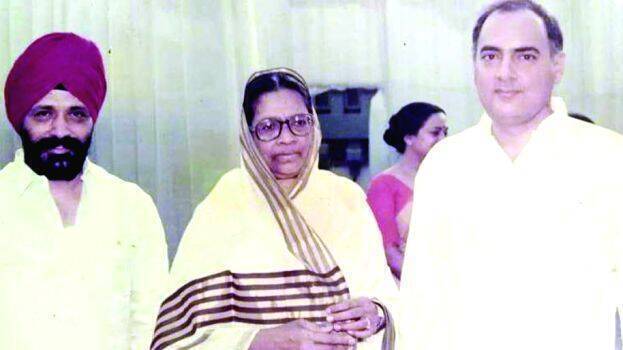

KOLLAM: Justice Fathima M Beevi, the first woman judge of the Supreme Court passed away on Thursday. She was 96. She had served as the governor of Tamil Nadu. She died at a private hospital in Kollam.
She attended Town school and Catholicate High School in Pathanamthitta and graduated in chemistry from Women’s College, Thiruvananthapuram. She studied LLB at Government Law College in Thiruvananthapuram. She started practicing as a lawyer in Kollam Munsif Court. She was the first Munsif to be appointed through PSC examination in 1958. Appointed in Thrissur, she was the first Muslim woman in India to have appointed as the judicial officer. In 1974, she became the first Muslim woman in the state appointed as district judge and got the honour of being the first Muslim woman judge.

She became a member of the Income Tax Appellate Tribunal in 1980 and with this she became the first woman to reach this post. In 1968, she became subordinate judge. She was later elevated as chief judicial magistrate and district sessions judge. In 1984, she became a permanent judge of the high court. She was honored as the first Muslim Judge of the High Court. She became a judge of the Supreme Court on October 6 in 1989. She retired after serving for three years in that post. In 1997, she was appointed as the Governor of Tamil Nadu by the then central government. Moreover, she became the first Muslim woman to hold that post. After retiring from the Supreme Court, she had served as a member of National Human Rights Commission.

She said many were against when she left home and went to Thiruvananthapuram. She said her father supported her. When she wanted to go for MSC Chemistry, her father diverted her from that. Subramanyam Potty, the then Law College Principal helped her. She got all the facilities for studies. Her father Meera Sahib was firm in his stand to give her top education. Her mother Khadeeja Beevi stood with her husband’s decision. The law brought by Muhammed Habeeb, diwan of Chithira Thirunal Maharaja, to encourage Muslims in the field of education helped her in her higher education. She completed law with first rank from Law College. She got first rank and a gold medal in the one year course of bar council. Communist leader K R Gowri Amma (late) was her college mate. While staying in the capital city, she became close with writers Hridya Kumari and her sister Sugatha Kumari. She was close to Kerala Kaumudi family.
She used to notice the verdicts of the present era. She was of the opinion that the judges world knowledge was less. There were many competent judges to communicate with people during her time. When assumed charge as a judge, there were many senior judges as model. There are political influences in the verdicts of the present judges. She had stated that appointment of judges and transfers were not criticised during her time. She was happy after more girls entered the legal field. During her time, males were more. There were girls but only a few. There are many women advocates, women judges now. The judges should write judgments honestly after having trust in the constitution. Should study law deeply. Should have knowledge in the constitution of foreign countries.